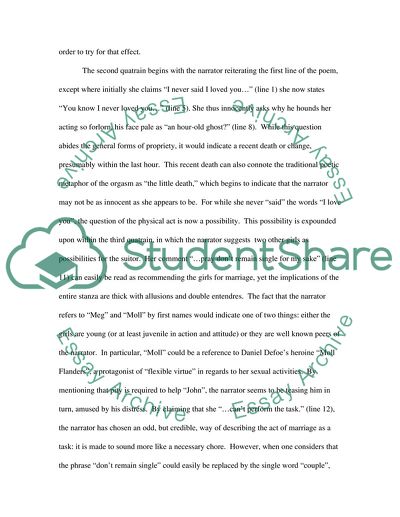Cite this document
(“A reading from Rossettis No, Thank you, John Essay”, n.d.)
A reading from Rossettis No, Thank you, John Essay. Retrieved from https://studentshare.org/literature/1536407-a-reading-from-rossettis-no-thank-you-john
A reading from Rossettis No, Thank you, John Essay. Retrieved from https://studentshare.org/literature/1536407-a-reading-from-rossettis-no-thank-you-john
(A Reading from Rossettis No, Thank You, John Essay)
A Reading from Rossettis No, Thank You, John Essay. https://studentshare.org/literature/1536407-a-reading-from-rossettis-no-thank-you-john.
A Reading from Rossettis No, Thank You, John Essay. https://studentshare.org/literature/1536407-a-reading-from-rossettis-no-thank-you-john.
“A Reading from Rossettis No, Thank You, John Essay”, n.d. https://studentshare.org/literature/1536407-a-reading-from-rossettis-no-thank-you-john.


